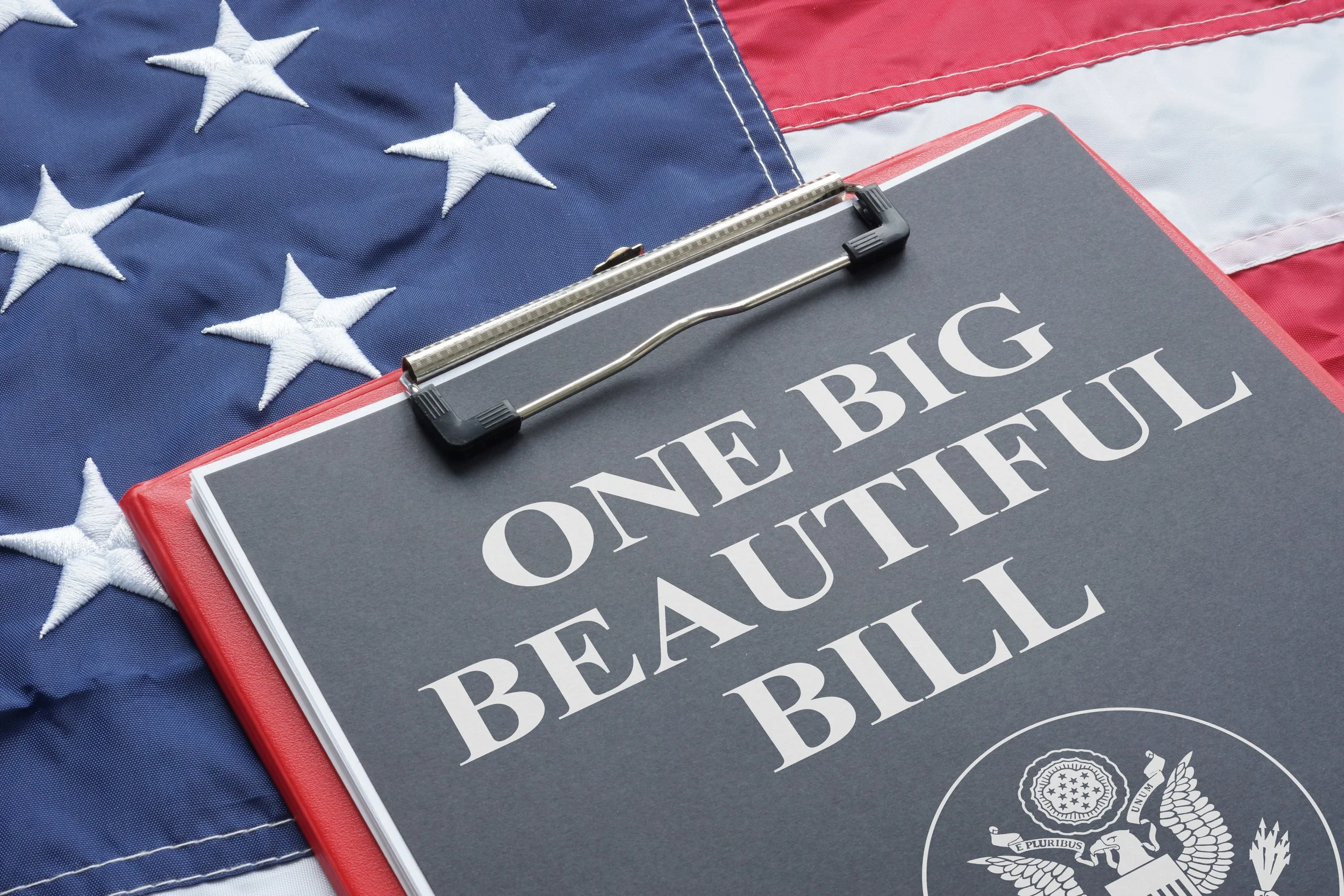The One Big Beautiful Bill That Could Save Yacht Crew Thousands—If You Start Your Taxes Early
The One Big Beautiful Bill Could Save You Thousands—If You’re Prepared
The U.S. tax system just changed in a big way.
On July 4, 2025, the government passed the One Big Beautiful Bill (OBBB)—a sweeping tax reform law that directly benefits working-class professionals, including yacht crew members. But here’s the catch: these changes only help if you plan ahead.
But the choices you make with that paycheck? They matter more than you think.
Let’s walk through two different paths crew often take—and the ripple effects each one creates.
If you’re a U.S. yacht crew member working offshore, receiving tips, or earning contractor income, the 2025 tax year offers a powerful opportunity to reduce your tax bill. The key? Start now!
1. You Can Now Deduct Up to $25,000 in Tip Income
The OBBB includes a brand-new provision that allows you to exclude up to $25,000 in tip income from federal taxation. That means if you’re receiving cash or reported gratuities from guests throughout the year, a huge portion of that is now tax-free.
But here’s what most crew miss:
This isn’t automatic.
You must track and categorize your tip income accurately throughout the year to claim it.
You must understand how to apply the deduction on your 2025 return, or work with someone who does.
Why act now:
If you wait until next April, you’ll likely miss out—or worse, misreport it. Setting up proper bookkeeping now allows you to claim every eligible dollar later.
2. You May Also Qualify for the Foreign Earned Income Exclusion (FEIE)
The IRS has raised the FEIE limit to $130,000 for 2025. That means if you’re a U.S. citizen working internationally and meet the foreign residency or 330-day presence test, you could exclude up to $130,000 of your income from federal tax.
This applies to:
Deckhands, stews, engineers, and chefs working full-time on foreign-flagged vessels
Crew rotating between the Med, Caribbean, Pacific, or other offshore territories
Why act now:
FEIE is not guaranteed. You need to meet very specific travel and residency requirements to qualify. We help you document those days properly, build a compliant strategy, and avoid losing the exclusion due to small technicalities.
3. The Overtime Deduction Helps—but Only if You Track It
Another win under OBBB: the “half portion” of time-and-a-half overtime pay is now deductible. If you’re a W-2 employee who puts in long hours during refit, yard periods, or busy charter seasons, this gives you a tax break on extra effort.
Why act now:
You’ll need to separate and categorize this overtime correctly across pay periods. Waiting until next spring to dig through pay stubs is a guaranteed way to miss out on deductions.
4. You Can Restructure Your Pay to Maximize Savings
Waiting until tax season means you’re stuck with the structure you’ve been using all year. But starting now gives you time to:
Form an LLC or S-Corp if you're working as a contractor
Add payroll to pay yourself a reasonable salary and reduce self-employment tax
Set up offshore entities if you employ crew or are managing a private yacht operation
This proactive setup is where serious tax savings happen—but it takes time to implement.
5. You’ll Get More Out of the New Law by Planning Quarterly
One-off tax prep in March or April won’t cut it anymore. The new deductions and exclusions work best when you:
Stay on top of your income tracking
Adjust withholdings throughout the year
Plan entity elections and payroll proactively
Avoid tax penalties with accurate estimates
At McGregor Financial Services, we work with yacht crew quarterly—not just during tax season—because that’s how you save money and stay compliant in this industry.
Real Example:
A U.S. stewardess earning $120,000 with $20,000 in tips:
With FEIE and the new tip deduction, she may only be taxed on ~$10,000 of her income
If she structured properly through an S-Corp, she could cut her self-employment tax in half
If she waits until March to get started, most of these benefits are either missed or too late to implement
The Bottom Line: Start Now, Not Later
The One Big Beautiful Bill is packed with tax savings—but they aren’t automatic. You need to:
Track your income properly
Structure your earnings strategically
Know which IRS forms and elections apply to your situation
File with confidence, not guesswork
At McGregor Financial Services, we’re already helping yacht crew across the world build smart, tax-efficient plans to take full advantage of these changes. Don’t wait until it’s too late.
Get Ahead of the Game
Quarterly accounting. Proactive tax planning. Entity structuring. Payroll.

